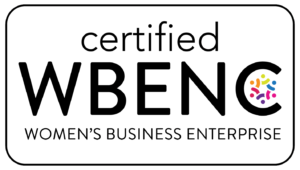Concerns about the overuse of “Sorry” in the workplace, have left some people confused (dare we say, “jaded”) about how and when to sincerely apologize.
Apologizing for everything including things that don’t warrant a response can signal a character flaw of untruthfulness; in fact, such insincerity has been dubbed “a backhanded apology” or a “nonpology”. However, NOT apologizing in a situation when it IS necessary expands the breach between you and the other party.
For incidents that truly warrant an apology, make every effort to genuinely express regret.
That said, apologies take on a different energy in the workplace…corporate culture may have a lot do with it.
Keep these three ideas in mind for workplace apologies:
1) Apologize as soon as possible. Rectifying the issue quickly enables all parties involved to move forward instead of unnecessarily brooding over the matter.
2) Own what happened. Taking responsibility for what occurred will open the door to empathy. Avoid explanations that may be perceived as a defense mechanism…it could lead to a debate which could completely derail the apology.
3) Discuss with those who were offended what you learned from the mistake. Doing so will demonstrate that you have the capacity to evolve and that you won’t make the same mistake again. Make sure your discussion and the apology are concise.
In the comments below, share your tips for crafting the perfect workplace apology and don’t forget…make it a great day!








